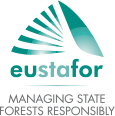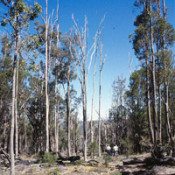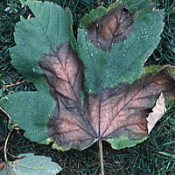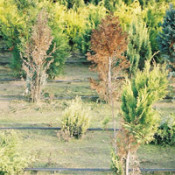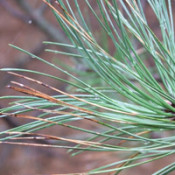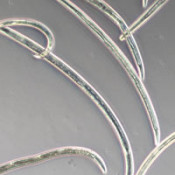Isefor
Increasing Sustainability of European Forests: Modelling for Security Against Invasive Pests and Pathogens under Climate Change.
ISEFOR Addresses The Problems Arising From
- climate change impacts on forest ecosystem vitality;
- increasing threats from alien invasive pests and pathogens; and
- changing threats from indigenous pests and pathogens, or alien species already established in Europe.
ISEFOR Focuses On
- Defining the threats to European forest ecosystems, based on current knowledge of the pest and pathogens known as potentially invasive, and the host plants attacked by these organisms;
- Developing molecular techniques for detection and diagnosis of potentially problematic alien organisms at ports of entry, and along pathways of dispersal in collaboration with PRATIQUE (https://secure.fera.defra.gov.uk/pratique/index.cfm) and QBOL (http://www.qbol.wur.nl/UK/);
- Critically analyzing the plant nursery trade, to develop a quantified approach to pest risk assessment and determine if post-entry quarantine for commodities within this pathway provides an effective step for reducing risks linked to cryptic or dormant pest organisms;
- Developing software to allow modeling of the probabilities of invasion, spread and impact of alien pathogens under climate change conditions.
Results
ISEFOR research aims to provide, in the short term, valuable and relevant diagnostic tools for the plant health surveillance community.
ISEFOR will provide significant information on the potential of known quarantine organisms to cause damage in European forest ecosystems under climate change scenarios. This new information will assist quarantine authorities tackling the risks and threats from alien pests and pathogens.
It is expected to identify invasive pests and pathogens that are currently unknown as threats to European forest ecosystems.
ISEFOR Project started in September 2010 and it will run till October 2013. The project is partly funded by the European Union Seventh Framework Programme FP7 2007-201. It is coordinated by Dr. Steve Woodward, University of Aberdeen, Scotland.
In the project coalition there are 16 partner organizations. EUSTAFOR serves in the project as one of the partners participating mostly in the dissemination of the project results to the broad public and through our members giving the relevant point of view of the implementing level of forest management in Europe.
EUSTAFOR Contribution
EUSTAFOR serves in the project as one of the partners participating mostly in the dissemination of the project results and through our members giving the relevant point of view of the implementing level of forest management in Europe.
EUSTAFOR is participating in dissemination and exploitation of the project outputs. We will be working on
- provision of the recommendations towards forest health specialists and policy makers,
- dissemination of the project results among our member organizations and other networks,
- communication of results to the general public.
Partner organizations
- University of Aberdeen, Institute of Biological and Environmental Sciences
- Swedish University of Agricultural Sciences
- University of Neuchatel The Laboratory of Soil Biology
- Università degli Studi della Tuscia Facolta di Agraria
- Istituto per la Protezione delle Piante
- Forest Research Institute (IBL)
- Université Libre de Bruxelles
- The Biological Control and Spatial Ecology Lab (LUBIES)
- University of Eastern Finland
- Institut National de la Research Agronomique
- CAB International (The Centre for Agricultural Bioscience International)
- St. Petersburg Forest Technology Academy
- Universität für Bodenkultur Wien (University of Natural Resources and Life Sciences, Vienna)
- European State Forest Association (EUSTAFOR)
- Confederation of European Forest Owners (CEPF)
- Programme for the Endorsement of Forest Certification schemes
- Institute of Zoology, Chinese Academy of Sciences
Dr. Colette Jones
- c.d.jones@abdn.ac.uk
- +44 (0)1224 274257
Publications
News and Relevant Information
- ISEFOR Workshop "Predicting Pests & Disease in European Forests" (.pdf)
- ISEFOR: Increasing Sustainability for Forests
- ISEFOR International Intervention Article - A Foreign Invasion (.pdf)
- ISEFOR Leaflet (.pdf)
- Forest pathogens invading Europe: the first of new research findings from ISEFOR (.pdf)
- European Database of Invasive Forest Pathogens (IFPs) (.xlsx)
- ISEFOR Video
- ISEFOR Factsheet for an EU catalogue of climate change related projects (.pdf)
